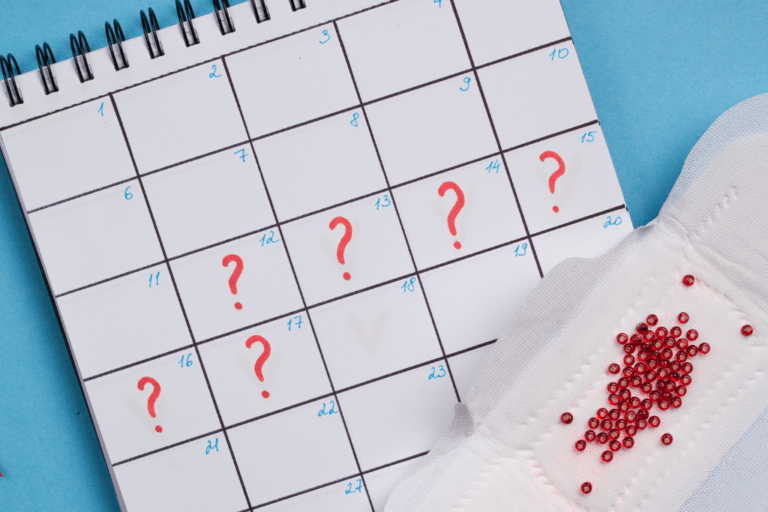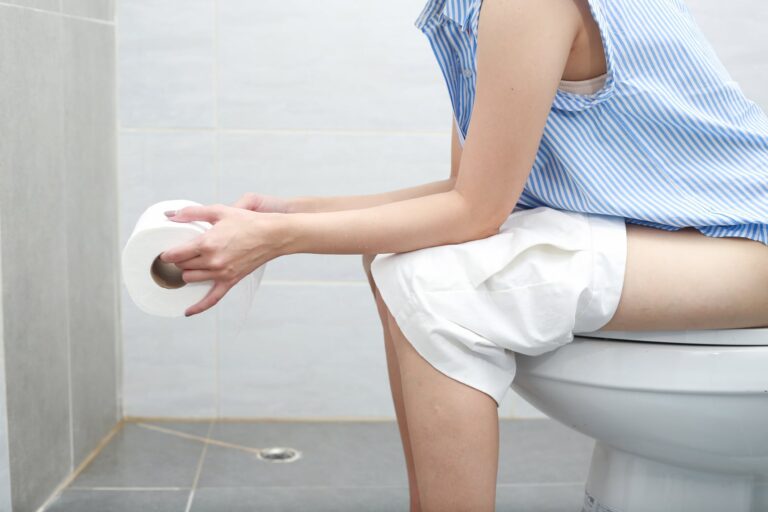Insomnia vs. Sleep Supplements
Insomnia is one of the most distressing problems that affect women in perimenopause. Even though it’s not life-threatening, lack of sleep affects every part of our physical and mental well-being. According to the CDC, around one-third of American adults sleep less than seven hours of sleep per night, and many of them use medications and sleep aids to get the rest that they need.
But don’t go reaching for that “sleeping pill’ quite yet. Unfortunately, sleeping pills only add about 40 minutes to the time you are asleep, and they carry a high risk for dependency. So, what’s a Savvy Sister to do when she needs some precious shut-eye? Keep reading to determine how to maximize your sleep supplement use during perimenopause.
Before we jump into this discussion, we need to quickly cover WHY women in perimenopause struggle so much with getting the rest they need.
Why Do So Many Women Struggle with Insomnia During Perimenopause?
The relationship between sleep and hormones is complex and can be quite perplexing. Basically, it boils down to balance. Low levels of progesterone (the most common hormone imbalance during perimenopause) and high levels of cortisol wreak havoc on sleep. You can read more about it here.
Also, perimenopause is a time of big shifts in our lives. Many of us are going through some significant changes: physically, emotionally, socially… you name it. Sleep hygiene might get put on the back burner as we trudge through these changes. You can read more about improving your sleep hygiene here.
So, we have given a brief overview of WHY sleep can suffer during perimenopause. Now, we move on to HOW we are going to deal with it.
Can’t I Just Take a Sleeping Pill?
Many of us get bombarded during the nightly news with commercials advertising the latest insomnia relief… a sleeping pill. Easy-peasy, right?
Not so.
Prescription medications or over-the-counter sleep aids don’t treat the root cause of insomnia. They also may lead to some undesirable side effects and dependency. So, what can you take? Are there healthy supplements to aid your insomnia recovery journey?
What Are Some Key Supplements I Can Take During Perimenopause?
Yes, there are supplements out there to aid in insomnia. HOWEVER, before you start creating your own herbal cocktail, please read my guidance in Chapter 9 of Perimenopause: The Savvy Sister’s Guide to Hormone Harmony and consider consulting with a professional about correct dosages and what core issue you hope to treat.
The following list contains some of my favorite supplements to help with insomnia:
- Gamma-aminobutyric acid (GABA) – is the main inhibitory neurotransmitter in your central nervous system, which is your body’s natural “off” switch. GABA slows nerve activity in your brain, which leads to feelings of calm and relaxation.
- Taurine – is an amino acid that reduces cortisol levels and increases the production of GABA. Try taking 500-1000 mg before bed. Using magnesium taurate allows you to get both magnesium and taurine with a single pill.
- Passionflower – studies suggest that passionflower may be just as effective as synthetic drugs for anxiety disorder. It is common to see it combined with other calming herbs in herbal sleep blends. Please note it can lower blood pressure.
- Valerian root – studies show that valerian reduces the time it takes to fall asleep and improves sleep quality. Also, valerian root has fewer side effects, like morning drowsiness, than many prescription sleeping pills.
- Lemon balm – research validates the benefits of lemon balm as an anti-anxiety/sleep supplement. Lemon balm is also often combined with other calming herbs in herbal sleep blends.
- Adaptogenic herbs – increase the capacity of the body to adapt to stress and increase disease resistance. They don’t work on a specific body organ but have a “normalizing” effect on physical or emotional stress imbalances. Ashwagandha is an example shown in research to help you sleep better at night. It can be taken alone (400 mg) or blended with other adaptogens. If you are sensitive to nightshades, know that Ashwagandha is in this family.
- Magnesium – is one of seven essential macro-minerals that your body needs in large quantities. Your body does not produce magnesium, so it needs to come from outside sources. Magnesium deficiency is common among adults, leading to restless sleep and waking frequently at night.
- Melatonin – is a hormone that tells your body when it is time to go to bed. People who don’t make enough of it at night can struggle to fall asleep. Melatonin is a popular sleep supplement; however, one should only use it in the short term. Long-term chronic use can decrease your body’s natural ability to produce it. I generally recommend starting with 0.5-1 mg about 30 minutes before bedtime.
- Phosphatidylserine – this supplement can help lower nighttime cortisol (get tested before trying this). Use at a dose of 300 mg before bed.
- Essential oils – can work wonders when it comes to de-stressing and getting to sleep. Essential oils of lavender and Roman chamomile are popular for their calming properties, but less flowery options like marjoram, cedarwood, and bergamot also offer sleep benefits. Oils can be inhaled, diffused, or used on the bottoms of your feet (dilute in a carrier oil such as almond or unfractionated coconut oil). Never take oils internally unless you are working with an aromatherapy specialist.
My Personal Sleep Potion
I get many questions about my personal “sleep potion.” It has changed over the years but currently includes an estrogen patch, 200 mg oral progesterone, 240 mg magnesium glycinate at bedtime, two capsules of ACTS (an adaptogen blend), and 2 mg SR melatonin. What works for me may not work for you, so consider consulting with a professional to create an individualized insomnia treatment plan.
Dr. Anna Garrett is a menopause expert and Doctor of Pharmacy. She helps women who are struggling with symptoms of perimenopause and menopause find natural hormone balancing solutions so they can rock their mojo through midlife and beyond. Dr. Anna is the author of Perimenopause: The Savvy Sister’s Guide to Hormone Harmony. Order your copy at www.perimenopausebook.com.
Dr. Anna is available for 1-1 consultation. Find out more at www.drannagarrett.com/lets-talk





